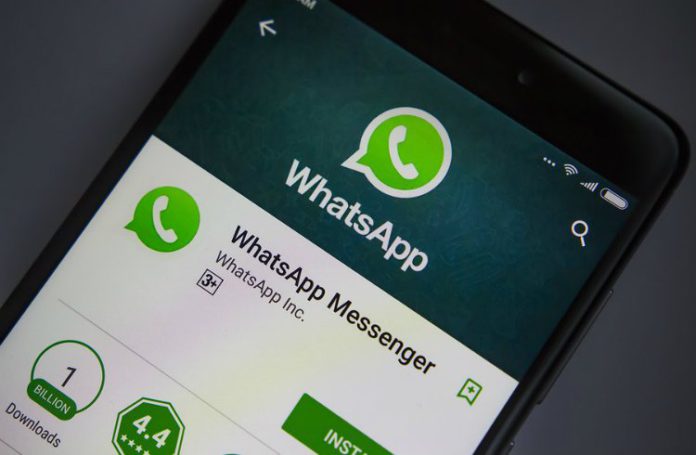
Consumer-friendly and encrypted, WhatsApp is one of the most popular apps in use today with a whopping 1.5 billion users. But over recent months, an increasing number of questions are being raised about the encrypted app’s security.
Sure, WhatsApp is end-to-end encrypted, but the most recently discovered flaw doesn’t affect that aspect of the service. Last week, I detailed how WhatsApp group chats are easily found via a Google search, because the search engine was indexing links to conversations intended to be private.
Privacy advocates were soon up in arms as tech site Vice found phone numbers belonging to 48 participants in a group chat between non-governmental organizations accredited by the United Nations.
But suddenly, the links to chats were no longer available on Google. A source told me this is due to a quiet change made by WhatsApp owner Facebook, which prevented the conversations being indexed by Google.
This problem isn’t going away. The multimedia journalist for the German outlet Deutsche Welle, Jordan Wildon, who first found this issue, has this week revealed that over 60,000 groups are still accessible online.
The article details how a security researcher, Lav Kumar discovered the information was still being stored on publicly available internet archives. Wildon tested a randomly selected 1,000 of the unique links and found nearly half were active chats.
“Even without actively joining a group, its title, description, image and creator’s phone number are available for all,” the article reads. Worse, when entering a group, “it is possible to also see the phone numbers of up to 256 participants, as well as other information, and adding these numbers to one’s contacts can reveal their names in the app.”
WhatsApp told DW in a statement: “We show all numbers in groups for people’s safety, that way they know who will receive their messages.”
However, the WhatsApp “feature” is not always that safe. Wildon found groups including people who might be in danger if their identity was revealed. For example, one chat containing hundreds of members was labelled as an LGBTQ+ group based in a Latin American country with a high rate of homophobic murders.
Facebook owner WhatsApp sent me a comment, which reads: “Group admins in WhatsApp groups are able to invite any WhatsApp user to join that group by sharing a link that they have generated.
“Like all content that is shared in searchable, public channels, invite links that are posted publicly on the internet can be found by other WhatsApp users. Links that users wish to share privately with people they know and trust should not be posted on a publicly accessible website.”
A new reason to leave WhatsApp?
WhatsApp is owned by Facebook, which is integrating the messaging service at the back end with Facebook Messenger and Instagram. The move is intended to support the end-to end-encryption needed for secure communications, but many see it as a cause for concern.
Big organizations have already started to move away from WhatsApp. If you use the group function for work chats, you’d be very sensible to look elsewhere. The EU is already doing this, banning WhatsApp and instructing staffers to use Signal, and a mysterious other app for secure communications.
You can try and secure your group chats using this advice from Wildon, who recommends going into group settings, tapping “Invite to Group via Link” then “Reset link.” This doesn’t turn the link off: it generates a new one.
I actually discovered this when accidentally opening @crowdtangle on a WhatsApp web tab, resulting in a list of groups that had been widely shared online.
— Jordan Wildon (@JordanWildon) February 21, 2020
Point is, any group link that is shared it outside of secure, private messaging can relatively easily be found and joined.
But the most secure thing you can do, if you care about your security at least in group chats, is to look at alternatives to WhatsApp, such as Signal and Wickr. Signal is adding a number of cool new features that will make the switch much easier.
If it’s a business chat perhaps try out Wickr, while to speak to your friends, Signal is probably best.
